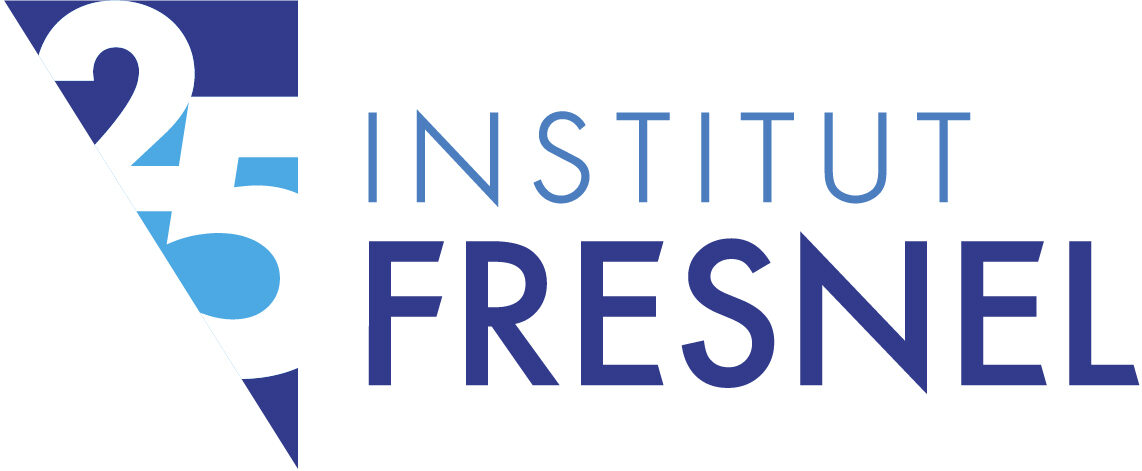Maxim A. Yurkin from CORIA (Rouen) will give a seminar on “The discrete dipole approximation: efficient formulations and novel applications” on Friday, March 21st 2025 at 10h30 in Room Pierre Cotton.
Abstract : The discrete dipole approximation (DDA) is a general method to simulate light scattering by particles of arbitrary shape and composition. Historically, the DDA was introduced by representing a particle as a set of interacting point dipoles. However, it was later rigorously derived through the volume discretization of the integral form of frequency-domain Maxwell’s equations for the electric field. Due to the availability of a few mature open-source codes, the DDA has been widely applied to various systems, from nanoparticles and biological cells to atmospheric aerosols and interstellar dust. In this talk I will discuss modern formulations of the DDA going beyond the picture of point dipoles. They allow one to use cuboid voxels for particle discretization and improve the convergence of the iterative solver – a bottleneck in practical DDA simulations. Moreover, the DDA applies to almost any electromagnetic problem involving non-magnetic particles. In particular, it can simulate a broad range of quasi-classical electromagnetic phenomena (such as emission enhancement or Purcell factor, near-field radiative heat transfer, and electron energy-loss spectroscopy). I will show examples of the latter using the open-source code ADDA, which can handle arbitrarily shaped particles in a homogeneous host medium or on a substrate. In both cases, the particle can be much larger than the wavelength if a distributed-memory compute cluster is involved. Finally, I will highlight remaining challenges in DDA development.
Contact : Guillaume Demesy or Boris Gralak, Seminar of the Electromagnetic Modeling Theme

